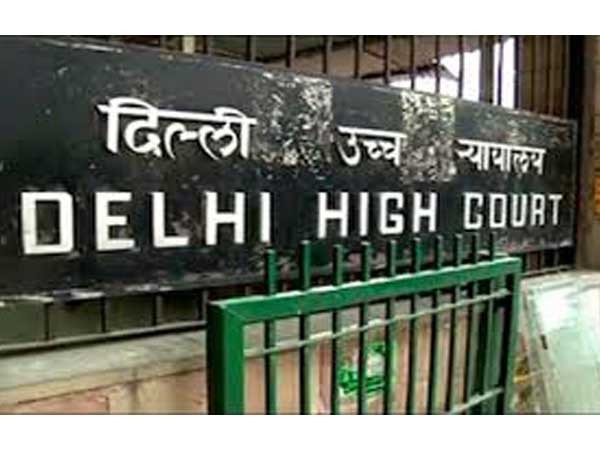Selection to civil services can't be whimsical process, norms to be followed: HC
Selection to civil services cannot be a whimsical process and it has to follow certain norms and procedures, the Delhi High Court has said while observing that failure of the state in following the discipline can lead to misgovernance and misuse by vested interests.

- Country:
- India
Selection to civil services cannot be a whimsical process and it has to follow certain norms and procedures, the Delhi High Court has said while observing that failure of the state in following the discipline can lead to misgovernance and misuse by vested interests. The high court made the observation while holding as 'maintainable' the plea by 20 non-state civil service officers of Rajasthan, who are aspirants for appointment to the Indian Administrative Service of the Rajasthan cadre, challenging cancellation of interviews by the selection committee.
Justice Prathiba M Singh said the cancellation of interviews as in the present case is not to be viewed solitarily as a one-off incident and it represents a deeper malaise in selection, which ought to be conducted fairly and in a transparent manner. "Selection to the civil services, especially the IAS - a coveted service, cannot be a whimsical process. It has to follow certain norms, procedures and discipline. When the state or any instrumentality thereof fails to follow the said discipline, it can lead to misgovernance and misuse by vested interests," the high court said.
It said when the court finds that the selection mechanism is being impeded, successively, it cannot turn a blind eye. "Such a case would require interference by the exercise of writ jurisdiction in order to examine as to whether the prescribed norms for selection were adhered to, and if not, then, to consider the remedial measures. The circumstances in the present case accordingly warrant interference under Article 226 of the Constitution," the high court while holding the petition maintainable.
In the petition, the 20 non-state civil service officers (non-SCS) of Rajasthan, who are aspirants for appointment to the IAS for the year 2018, in the non-SCS category, have challenged the December 31, 2019 letter issued by the Union Public Service Commission (UPSC) by which their interviews scheduled to be held on December 31, 2019 and January 1, 2020, by the selection committee, were cancelled. The petitioners' stand is that two members of the selection committee who were to be nominated by the central government, according to Regulation 3 of the IAS (Appointment by Promotion) Regulations, 1955, were not nominated because of which the interviews that were fixed for December 31, 2019 and January 1, 2020, had to be cancelled.
Thereafter, no steps have been taken to hold these interviews and the four vacancies, which were declared by the state of Rajasthan, have been subsumed in the vacancies for the next year, the plea said. The petitioners prayed that the central government should be directed to nominate its two members to hold the interviews and the selection process should be allowed to proceed further at the earliest.
Preliminary objections were raised by the government and the UPSC that the Delhi High Court does not have the territorial jurisdiction to hear this petition and that the Central Administrative Tribunal (CAT), Jaipur is the appropriate forum to deal with the dispute. On the issue of territorial jurisdiction, the high court said that during the pandemic, almost all the courts and tribunals are functioning at a very bare minimum and relegating the petitioners to approach CAT would lead to further delays in their candidature being considered for selection to the IAS.
"Though the CAT may be functioning during the pandemic, there is no doubt that the same is through video conferencing, at a bare minimum level. Under such circumstances, to reject the prayer of the petitioners would cause substantial injustice as the petitioners may be left completely into an uncertain arena, in sofar as the selection is concerned. "The cancellation of the meeting of the selection committee deserves to be examined in writ jurisdiction," it said.
(This story has not been edited by Devdiscourse staff and is auto-generated from a syndicated feed.)










